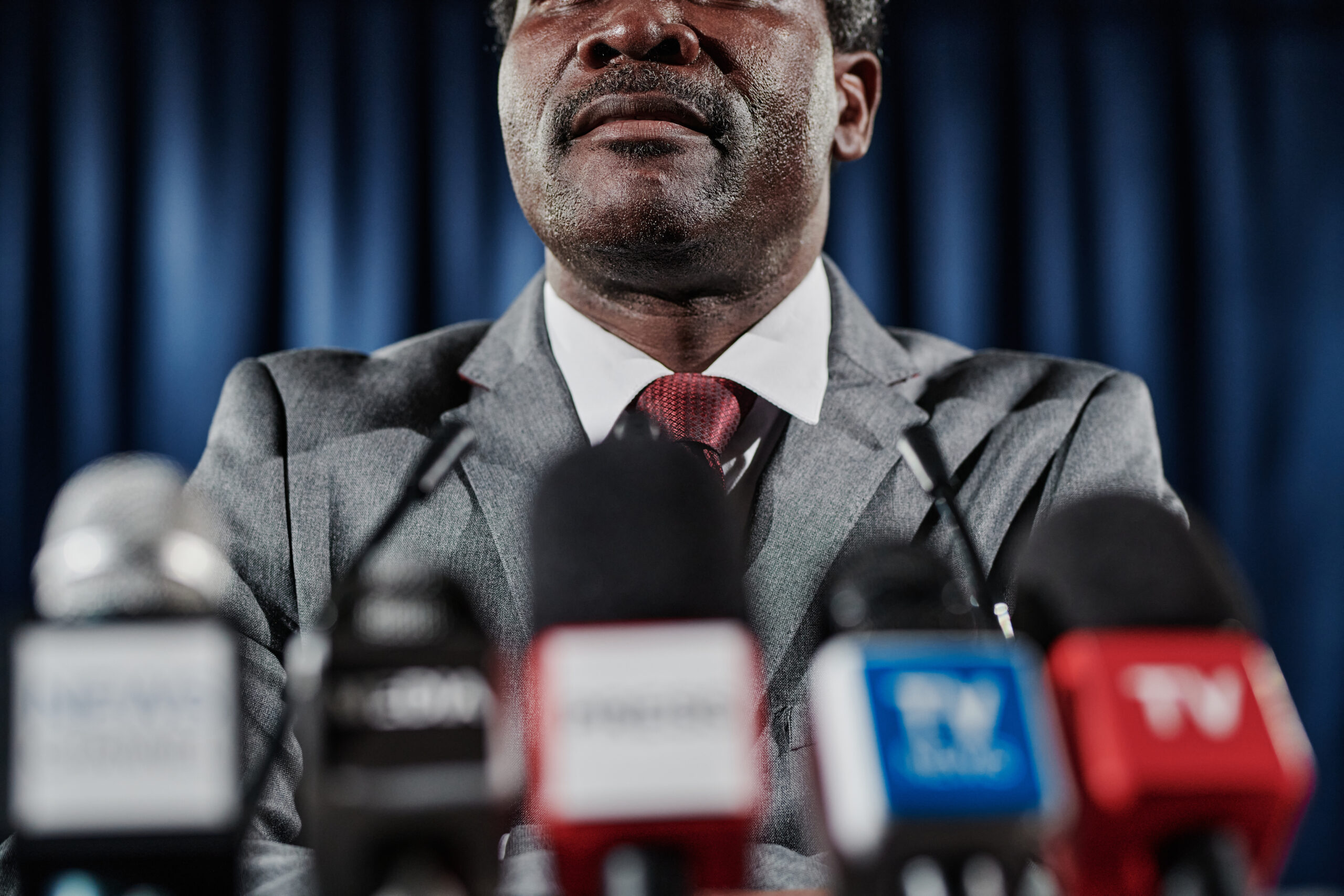On August 30, 2023, a group of senior Gabonese military officers announced on national television that they had taken control of the country shortly after the state election body declared President Ali Bongo’s victory for a third term. The officers, appearing on Gabon 24 channel, claimed to represent all security and defense forces in Gabon. They declared the cancellation of election results, the closure of borders, and the dissolution of state institutions. Gunfire was reported in the capital, Libreville, following their announcement.
The military officers identified themselves as members of “The Committee of Transition and the Restoration of Institutions.” They dissolved several key state institutions including the government, the senate, the national assembly, the constitutional court, and the election body.
The coup attempt raised concerns about democratic stability in the region, as it marked the eighth coup in West and Central Africa since 2020. Previous coups in countries like Mali, Guinea, Burkina Faso, Chad, and Niger had already disrupted democratic progress.
The situation in Gabon had been tense due to fears of unrest following the recent presidential, parliamentary, and legislative elections. President Ali Bongo sought to extend his family’s long-standing rule, while the opposition aimed for change in the nation. Transparency concerns arose due to a lack of international observers, suspension of foreign broadcasts, internet blackout, and a nationwide night-time curfew imposed after the elections.
Bongo had won the election with 64.27% of the vote, according to the Gabonese Election Centre, with his main rival, Albert Ondo Ossa, securing second place with 30.77%. Bongo’s previous electoral victories were also disputed by the opposition, citing allegations of fraud. The military’s attempt to seize power added to a history of political instability and challenges to democratic processes in the country.
Who is Ali Bongo
Ali Bongo, whose full name is Ali Bongo Ondimba, is a Gabonese politician who served as the President of Gabon. He was born on February 9, 1959. He is the son of Omar Bongo, who was the long-serving President of Gabon from 1967 until his death in 2009. Ali Bongo succeeded his father as the President of Gabon in 2009.
Before becoming President, Ali Bongo held various government positions, including serving as Minister of Foreign Affairs and Cooperation. His presidency was marked by both domestic and international challenges. He aimed to implement reforms in Gabon’s economy and social sectors while maintaining his family’s political influence, which had been in power for decades.
However, his presidency was also marred by controversies, including allegations of electoral fraud and political repression. The 2016 presidential election, in particular, faced widespread allegations of irregularities and protests. His victory in that election led to tensions and demonstrations in the country.
Ali Bongo’s leadership and the political situation in Gabon have been subjects of international scrutiny and debate due to concerns about democratic practices, human rights, and governance.
What you need to know about Gabon
Gabon is a country located on the west coast of Central Africa. Known for its rich biodiversity and natural resources, Gabon has a population of approximately 2.2 million people. The country has a mix of coastal plains, rainforests, and savannahs.
Economic Activities:
- Oil Export: Gabon’s economy heavily relies on oil production and exports. Oil has been the mainstay of the Gabonese economy for several decades. The country is an oil-producing nation and derives a significant portion of its revenue from oil sales. However, the economy’s heavy dependence on oil makes it vulnerable to fluctuations in global oil prices.
- Timber and Forestry: The country’s vast rainforests are also a valuable economic resource. Timber and wood products, including hardwoods, make up a substantial part of Gabon’s export earnings. The forestry sector is a key source of employment and revenue.
- Mining: Gabon is rich in minerals such as manganese, which is an essential element in steel production. Manganese mining and export contribute significantly to the country’s economy.
- Agriculture: While not as dominant as oil and mining, agriculture plays a role in Gabon’s economy. Crops like cocoa, coffee, palm oil, and rubber are produced for domestic consumption and export. Subsistence farming is also practiced by many local communities.
- Tourism: Gabon’s diverse ecosystems, including rainforests, wildlife, and coastal areas, offer potential for tourism. The country’s efforts to promote ecotourism have attracted travelers interested in experiencing its natural beauty and unique biodiversity.
Despite its significant natural resources, Gabon faces economic challenges such as income inequality, high unemployment rates, and a heavy reliance on extractive industries. Diversification of the economy away from oil dependency, improving infrastructure, and addressing social issues remain important goals for the country’s development.

